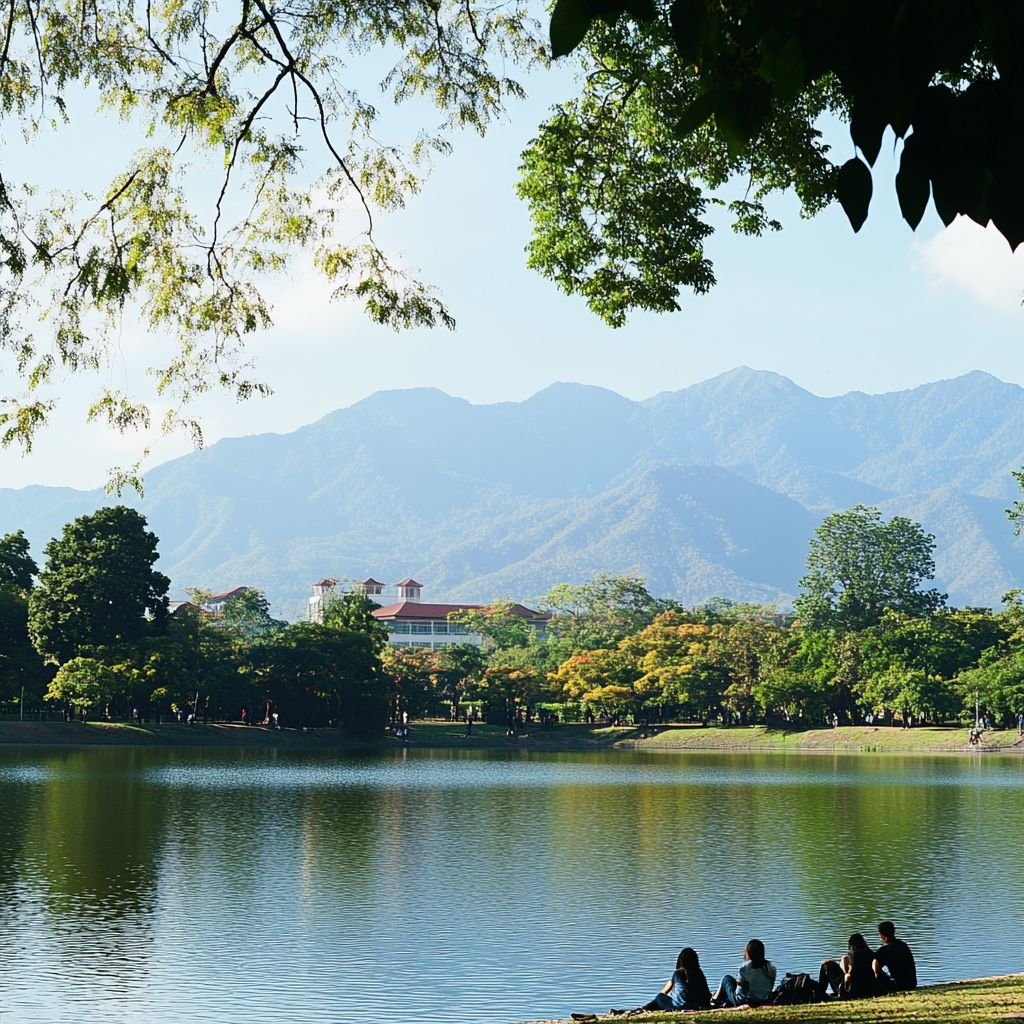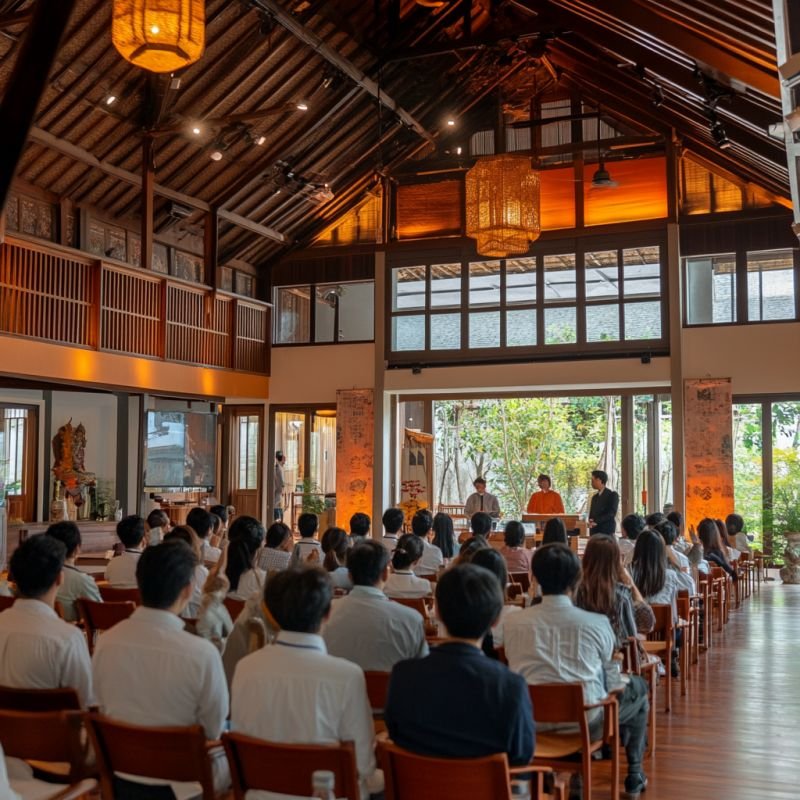
What It's Like to Live in Thailand as a Foreigner
Thailand offers a unique blend of tradition and modernity, calm and chaos, nature and nightlife. Whether you're moving to Thailand for work, retirement, or adventure, understanding what daily life is like will help you adapt quickly and thrive in your new environment.
🏠 Housing & Accommodation
Thailand has a wide range of housing options that cater to every budget and lifestyle. In major cities like Bangkok or Chiang Mai, you can find modern condominiums with pools, gyms, and 24-hour security. In beach towns or rural areas, affordable bungalows, townhouses, and traditional homes are common.
Key points:
Short- and long-term rentals are easy to find
Most apartments come furnished
One-month deposits are standard
Utilities are often paid separately
Popular expat neighborhoods:
Bangkok: Ari, Thonglor, Sathorn, Sukhumvit (Ekkamai, Phrom Phong)
Chiang Mai: Nimmanhaemin, Santitham, Old City
Phuket: Rawai, Chalong, Patong (touristic), Laguna
🚕 Transportation & Getting Around
Thailand has an extensive and varied transport system:
Bangkok: BTS Skytrain and MRT are fast and reliable
Chiang Mai & provincial towns: Songthaews (shared taxis), tuk-tuks, and scooters
Apps: Grab, Bolt, and in some places, inDrive
Owning a motorbike or scooter is common for short distances and local errands. For safety and legality, get an international driving permit or convert your license to a Thai one.
📶 Mobile, Internet & Tech
SIM cards are cheap and available at the airport or 7-Eleven
AIS, TrueMove H, and DTAC are the top providers
Fiber internet is widely available, even in rural areas
Monthly mobile plans start around 200–500 THB ($6–15)
Apps like LINE (the primary messaging app), Grab, Google Translate, and Wise are essential tools for everyday life.
🏥 Healthcare & Insurance
Thailand has excellent private hospitals and a growing number of international-standard clinics:
Common services: General check-ups, dental, vision, specialists
Major hospitals: Bumrungrad (Bangkok), Bangkok Hospital (nationwide), Chiang Mai Ram
Health insurance is highly recommended (Cigna, Luma, Aetna, AXA are popular for expats)
Many clinics accept walk-ins, and prices are usually much lower than in the West.
🏦 Banking, Payments & Money Matters
Bank account setup usually requires a passport and visa or work permit
PromptPay (linked to Thai ID or phone) is used for local money transfers
Credit/debit cards are accepted in most places, but cash is still widely used
Wise, Revolut, and Western Union are useful for international transfers
Thai banks with English-friendly branches: Kasikorn (KBank), SCB, Bangkok Bank.
🧘 Culture & Etiquette
Thai society is respectful, polite, and deeply rooted in Buddhist values:
Smile often, avoid confrontation, and show respect to elders and monks
Dress modestly when visiting temples or government buildings
Avoid touching people on the head or pointing with your feet
“Saving face” is important—don’t raise your voice in public
Learning a few Thai phrases (like sawasdee krub/ka and khop khun krub/ka) can go a long way.
🛡️ Safety & Legal Tips
Thailand is generally safe for foreigners, even at night. Violent crime is rare, but petty theft, scams, and traffic accidents are more common.
Always carry a copy of your passport
Never overstay your visa
Avoid illegal substances—penalties are severe
🌐 Social Life & Expat Communities
Thailand has a large and welcoming international community:
Facebook groups, meetups, co-working spaces, and cultural centers are common
Many expats join Muay Thai classes, yoga groups, or volunteer programs
Chiang Mai and Bangkok have strong digital nomad scenes
Whether you want to socialize, network, or find support, there’s a niche for everyone.
Sign up for the Live and Work in Thailand Newsletter
Get insights, news and the latest job offers.







